On Wednesday, Eugene City Council returned to their Housing Tools and Strategies discussion. The goal of this project was to identify methodologies and actions that would move the needle on housing affordability, availability, and diversity in Eugene. Watch the Work Session here (starts around 1:02)
After failing to take action or even seriously discuss on Monday the 44 options they were given-- ranging from simple and straightforward to complex and far reaching, Council decided on Wednesday to give their consent for staff to move forward with twelve items from the list that staff could work on without substantial Council action.
Those items are:
Use data to improve decisions and understand impacts.
Streamline/speed up the permitting process. Prioritize staff dedicated to the building and land use permitting processes for certain housing types.
Encourage participation in Neighborhood Associations so they are more representative of the people living in the neighborhood.
Help low and moderate-income households purchase a home, such as navigators to support the purchase process and downpayment assistance, (help people move up the housing ladder).
Create a housing action plan.
Build capacity with building industry to encourage missing-middle housing (knowledge-sharing workshops).
Standardize Erosion Control–establish consistent requirements from site to site and inspector to inspector.
Streamline Trench Inspection Process–clarify “depth of coverage standard requirement is from j-box to middle of vent” with all inspections.
When a new permit is initiated in City’s e-Build system, automatically “Create an Account” for a project with EWEB (coordinates fee-collection, permitting, inspection).
Coordinate Fire/Wastewater/Building Inspector joint review to address why certain BLI sites are not feasible for development.
Create process for timely completion of Environmental Review to reduce delays.
Develop City processes and culture that guide housing projects to successful outcomes, not only regulate.
These are primarily administrative fixes that involve completing processes that we already have in place in more efficient and effective ways. While they will help reduce cost and delay for new housing construction (and thus hopefully impact affordability and availability) they do not address housing diversity, nor are they likely on their own to seriously move the needle.
Discussion and action on the remaining 32 items has been pushed off until next year, with another work session scheduled for January 28th.
Items that remain up in the air include permitting and encouraging more housing and housing diversity near key corridors and major streets, removing roadblocks to various housing types, additional process improvements, re-calibration of our Systems Development Charges, implementing programs to assist homeowners and renters, and identifying funding and funding methodologies for all of the above.
Of particular note, there has been no discussion of Accessory Dwelling Units. Under a recent Land Use Board of Appeals decision, the City of Eugene must now provide, with each decision related to individual Accessory Dwelling Units, justification as to why our regulations related to ADUs are reasonable and related to siting and design. Until City Council prioritizes the discussion of what is reasonable or not on a city-wide level, we are looking at case-by-case, individual appeals on ADU determinations, adding the cost of delay and lawyers to both the homeowner and the City.
Addressing the next steps for Accessory Dwelling Units specifically is not currently on the City Council agenda for 2019.
Council's first meeting after their winter break is on Wednesday, January 9th. The first public forum of the new year occurs at 7:30pm, on Monday, January 14th. Until then, Council can be reached via email at mayorcouncilandcitymanager@ci.eugene.or.us
